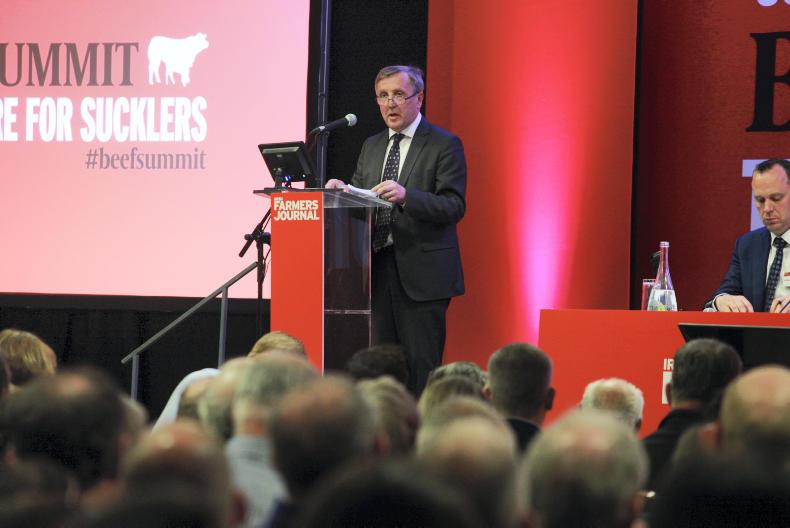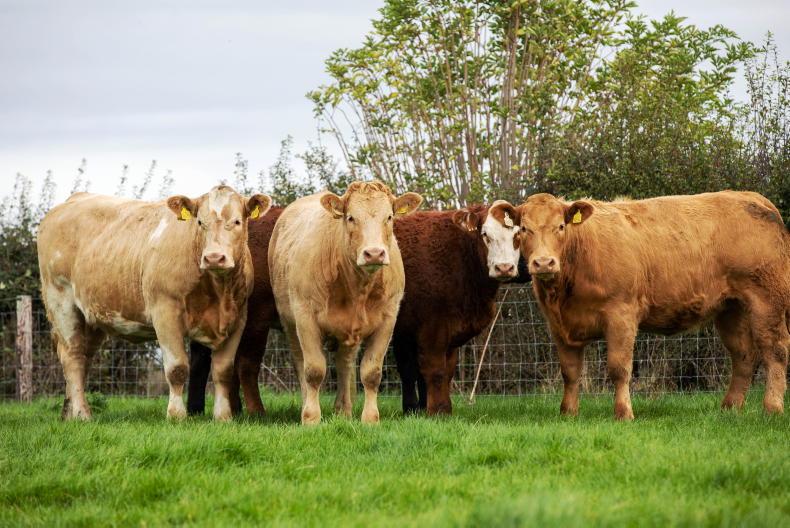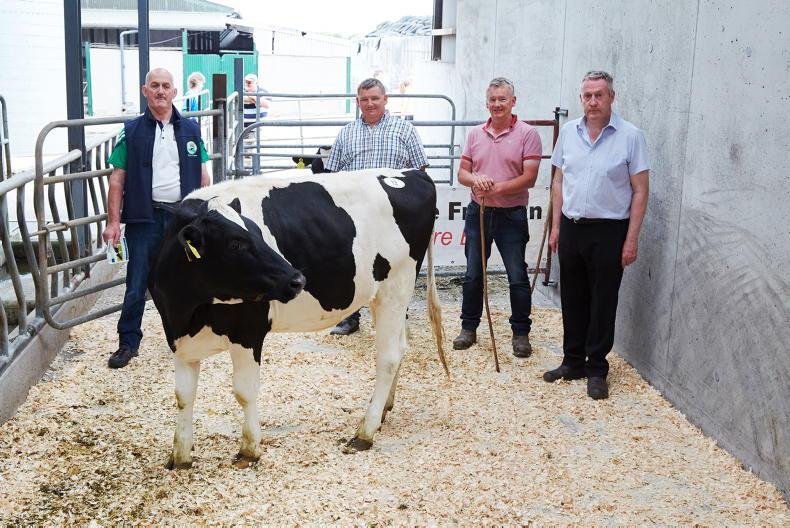Future demand for livestock-based products will be affected by public sentiment in relation to climate change, biodiversity, diet and health.
However, speaking at the Beef Summit on Thursday night, Minister for Agriculture Michael Creed said: “I think it is time for the beef sector to fight back on these issues. Denial or retribution will not make the fight effective," he told the huge crowd in Ballinasloe.
"It has to be about the positive story of Irish beef. That is a story of a very natural way of producing beef, on temperate grasslands punctuated by trees and hedgerows and peatlands. It is also a story about farm families, caring for the land in a way that takes account of Mother Nature.”
Michael Creed “it is time for beef to fight back in the face of climate change and the environment. This fight back should not be in denial but to tackle the issue.” We need to promote that we are global leaders at producing beef and tell our story to avail of the best price. pic.twitter.com/38EC09n6yv
— FJ Beef (@FJBeef) May 9, 2019
The minister was keen to outline the strengths of the beef sector, encouraging the industry not to be overwhelmed by the challenges.
“Beef farming systems, but especially those involving sucklers, are natural, welfare friendly and relatively carbon efficient, based on a low-cost grass-based model,” he said.
“Our regulatory system verifies that the high standards of food safety and animal health and welfare are applied at every stage of the production chain. We know that these systems have credibility with competent authorities and with customers worldwide."
These standards underpin live exports as well as finished products, he said.
"I understand the beef industry is going through a very difficult period," Minister for Agriculture @creedcnw tells the Irish Farmers Journal at the #beefsummit pic.twitter.com/dDK6YuBBaz
— Farmers Journal (@farmersjournal) May 9, 2019
Minister Creed recognised the significant challenges facing beef farmers at the moment.
“Looking in detail at market developments over the last number of months, there has been an unprecedented flat-lining of producer prices from October 2018 to the present … accompanied by high slaughter numbers.”
Discussions around the future of beef in Ireland must take a look at structural issues, he said. There are 75,000 beef farms in the country, operating at a smaller scale than international competitors. As a result, the ability of the sector to absorb shocks is limited.
“Eighty per cent of beef farm households have income coming in from another source, and I do not see this changing any time soon,” said Creed. “Direct payments will continue to be critically important for the beef sector, providing a measure of stability independent of the market price.”
The Department is in the middle of negotiations with Brussels around a support package for Irish suckler farmers.
"I have called for the deployment of exceptional measures, to provide targeted aid to farm families who have suffered a sustained reduction in returns from the market. Discussions with the Commission in this regard are ongoing on a daily basis. "
In the question and answer session Minister Creed clarified that the crisis aid sought from the European Union is in the region of the IFA's €100m ask. This is what the IFA estimates that beef farmers have already lost since the Brexit referendum in 2016 as a result of market disturbance.









SHARING OPTIONS